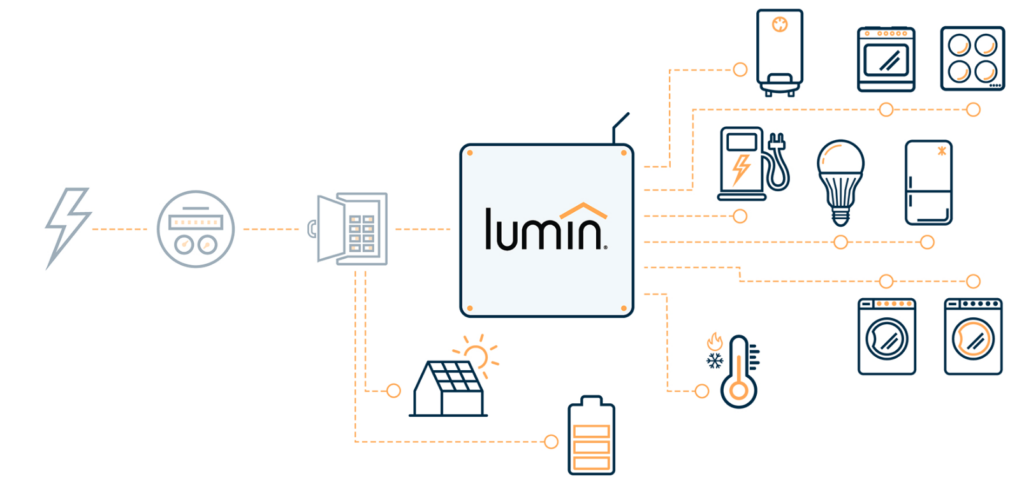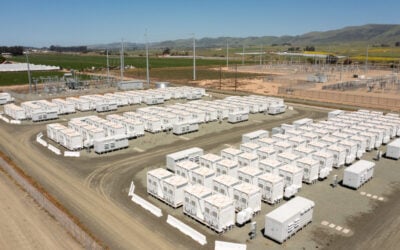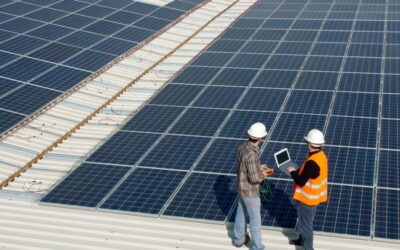
Ormat turns 5MW/20MWh BESS online in California
Geothermal company Ormat Technologies has started the commercial operation of the 5MW/20MWh Tierra Buena Battery Energy Storage System (BESS) in California.
The BESS will provide energy to community choice aggregators (CCAs) Redwood Coast Energy Authority and Valley Clean Energy in line with resource adequacy (RA) requirements with the offtake split evenly between the two.
Enjoy 12 months of exclusive analysis
- Regular insight and analysis of the industry’s biggest developments
- In-depth interviews with the industry’s leading figures
- Annual digital subscription to the PV Tech Power journal
- Discounts on Solar Media’s portfolio of events, in-person and virtual
Rather than using a centralised auction for long-term energy procurement like the UK National Grid’s Capacity Auctions, the California Independent System Operator (CAISO) uses the RA programme to ensure utilities have enough energy to meet demand (with an additional reserve margin).
The Tierra Buena BESS will also provide ancillary services and energy optimisation through participation in merchant markets run by CASIO.
It is Ormat’s third operational BESS in California and increases its energy storage portfolio to 88MW/196MWh.
Lumin and Leap launch demand response for households, also in California
Smart home energy solution provider Lumin and distributed energy resource (DER) aggregator Leap have partnered to allow select homes in California to participate in the wholesale demand response market.
Lumin Response will give customers in select regions eligibility for financial incentives for automatic energy reduction at certain times to help balance the grid during times of high demand. It said the programme will help homes maximise the value of their solar and storage systems, although it was designed for homes with and without storage.
Demand response (DR) is typically used by large users of electricity in the commercial and industrial (C&I) sector, although many utilities offer DR options to residential users too.
The programme will integrate Lumin’s home energy management platform and smart circuit control technology with Leap’s distributed energy resource (DER) aggregation platform, reducing a home’s power usage by automatically turning off appliances when electricity prices are highest, and commensurately rewarding the participant.
Eligible households will be asked to provide a set of preferences for when and how long their appliances can be turned off. Lumin’s tech connects to energy-intensive appliances like refrigerators, smart controllable plugs and EV chargers.
“This partnership presents the first true example of automated value stacking for individual homes in the demand response space, beyond battery participation in virtual power plants (VPPs),” said Alex Bazhinov, founder and CEO of Lumin.
“As many municipalities move to enact standards for energy-saving measures in homes, smart appliances that integrate seamlessly with renewable energy systems will become more important as we continue to see energy strain on the grid, and this is why Lumin’s user-friendly, automated system is so valuable,” added Keegan Campanelli, product manager at Lumin.
Dubai R&D centre files flow battery patent
The Dubai Electricity and Water Authority’s Research and Development Centre (DEWA’s R&D Centre) has filed a patent for a redox flow battery.
The battery has an improved electrolyte distribution, wherein the battery stack has a streamlined shape by changing the size of the cell at the inlet and outlet sections, DEWA claimed. That means a reduced pressure drop, better performance and efficiency of the battery flow system leading to increased power density and reduction in manufacturing costs, it added.
“The new patent solves a major challenge in flow battery. Conventional redox flow battery stack has inactive sites at the edges of the cell which restrict mass transport of the reactants at the electrode/electrolyte surface, leading to pressure drops which affect the overall efficiency and performance of a flow battery system,” the press release continued.
It builds on several energy storage projects in development by DEWA, including a 15-hour thermal storage system at the Mohammed bin Rashid Al Maktoum Solar Park and a 250MW pumped hydro facility in Hatta.






